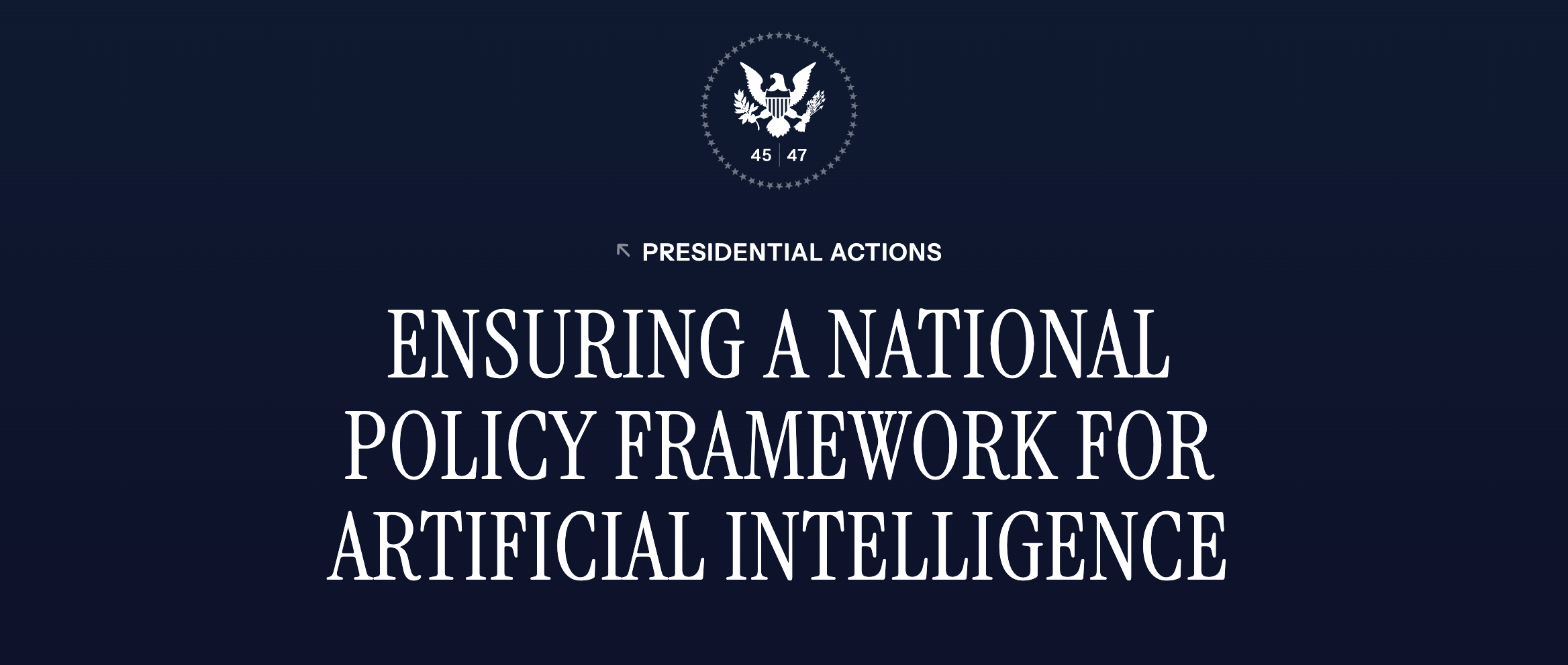As the country’s statistics agency announced, Argentina’s annual inflation rate is now officially in the triple digits, reaching 102.5%, with a 6.6% monthly rise in the Consumer Price Index (CPI), and a 13.1% year-to-date increase. This is the largest inflation recorded in the country since 1991. When inflation is that high, prices can change very quickly, sometimes even on a weekly basis.
Economic instability and high inflation are not new to citizens of Argentina. The country experienced a ‘Golden Age’ in the late 19th and early 20th century which saw it industrialize, become one of the world’s leading exporters of wheat, beef, and wool and one of the preferred places for people to immigrate to due to its economy and opportunities. Sadly,the country never completely recovered from the Great Depression of the 1930s. Periods of intense political instability, dictatorships and redistribution of wealth caused numerous economic setbacks. After its return to democracy in the 1980s, the government, led by President Carlos Menem, implemented a series of economic reforms, known as the “Convertibility Plan”, that aimed to stabilize the economy and reduce inflation. However, the government continued to run large budget deficits and accumulate debt, which together with external shocks further weakened the economy. After inflation rates reached more than 3,000%, one of the highest recorded in history, a series of reforms allowed for it to stabilize. 1991 was the last year Argentina saw triple digit inflation rates until now.
It should not be surprising that many in this country are accustomed to ‘thinking in US dollars’, allowing them to more easily and clearly calculate and understand price signals from the market. It is exactly that sort of economic situation that makes Bitcoin, Ethereum and stablecoins such an important tool for storing value, receiving remittances and partly avoiding inflationary pressures. Many of these concerns are exemplified by the popularity of stablecoins in Argentina. According to the Chainalysis report, almost a third of crypto transaction volume comes from stablecoins. Besides not being subjected to purchase limits (200$ is the maximum amount regular Argentinians can convert to USD a month), stablecoins are pegged to the US dollar, the preferred currency to think about prices in the country. It also helps that cryptocurrencies are digital and not dependent on any local bank in a country where more than one in three unbanked adults cited distrust in the financial system as one of the reasons for not having an account, according to a World Bank report. In a country where more than a third of the population is underbanked or unbanked and internet access is broad, the needs for inflation resistant currency such as Bitcoin, products for financial services allowed by decentralized finance and stablecoins to store value are obvious.
In a week where the Argentine Peso reached triple figure inflation, it is impossible to overstate the importance of technologies allowing for people from all around the globe to safeguard their funds from political and economic instability. The fact that the citizens of this beautiful country have had the chance to live in periods of hyperinflation, decades of economic instability and uncertainty has also made them more aware of the choices and technology that can help them store their wealth and their paychecks safely.
Times of hyperinflation are extremely difficult and detrimental to one’s financial well-being and the opportunity to provide for their families. It is a time when black market exchanges bloom, costs of even the most common groceries change weekly and a salary might be worth less in the evening than it was when it landed in your bank account. In such situations, it can be of life importance to be able to store value and receive remittances in a currency that is strong enough to make sure your wealth doesn’t melt away. DeFi, Bitcoin and stablecoins are allowing this to happen and millions of Argentine citizens are benefiting.




